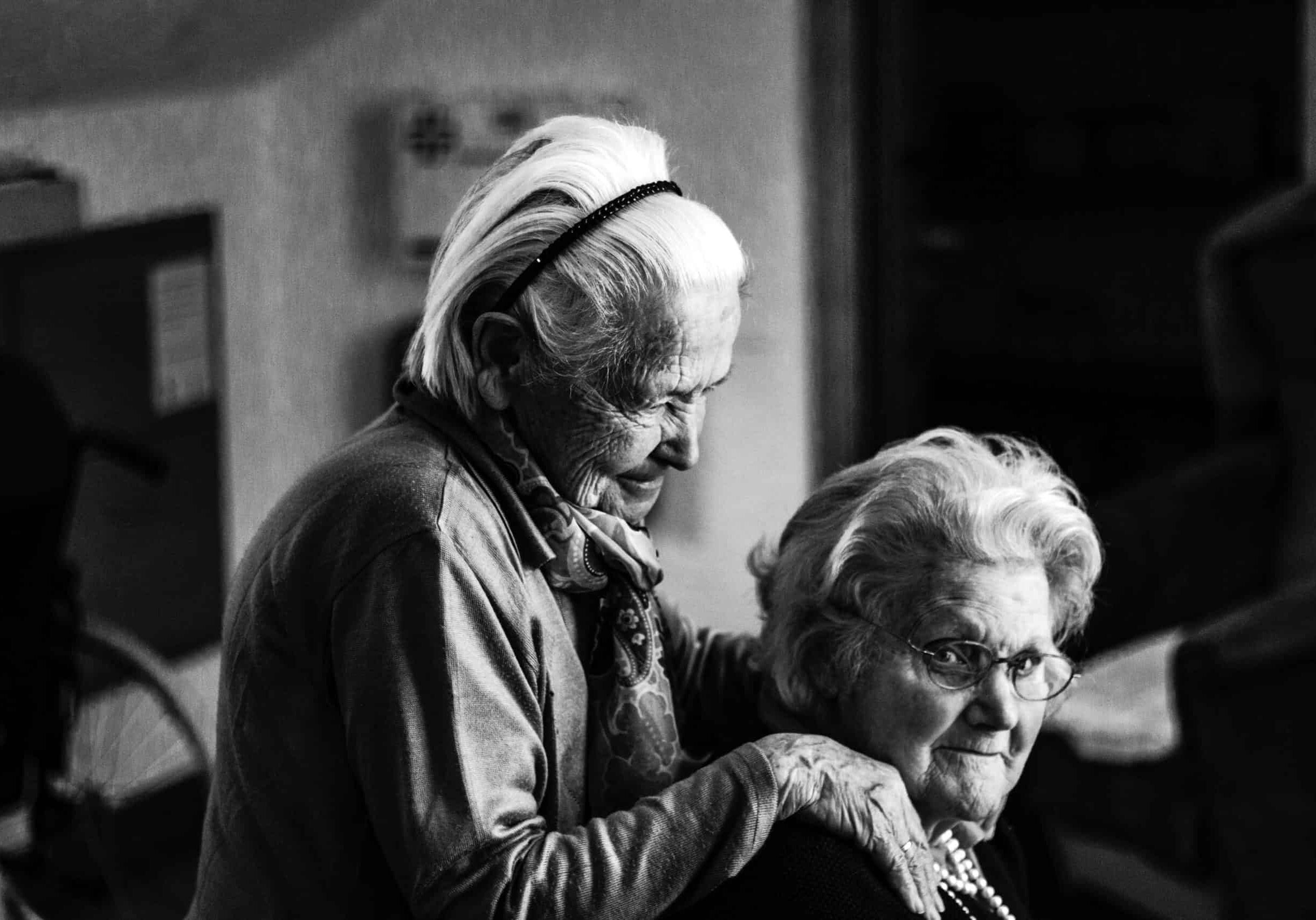Health promotion is the process of enabling people to increase control over, and to improve their health, and thereby their wellbeing and quality of life. All to often, the focus within health promotion is still on trying to influence individual behaviours, despite the many obstacles many people, particularly those with fewer resources, can face when it comes to, for example, being more active, or eating in ways that support health.
A much more effective approach is to modify the environments in which people live, to make the healthy choice the easy and attractive default choice, for everyone. But how can municipalities facilitate this? Members from EuroHealthNet's Thematic Working Group on Healthy Urban Environments have been discussing this issue.
In 1986, the World Health Organization held its first international conference on health promotion. During this historic occasion, a charter outlining commitments to a healthier future for all was presented.
The Ottawa Charter, which consists of five essential health promotion actions and prerequisites for health, became a turning point in global health. The meaning behind this momentous event was clear: "...health is created and lived by people within the settings of their everyday life; where they learn, work, play and love."
These 'everyday settings' (such as the provision of care, accessibility to green spaces, and organisation of welfare programmes) shape people's lives and are for the most part organised and provided for by all levels of governance. Political units, therefore, are key stakeholders in health promotion and disease prevention.

Municipal governments have the means to make their communities 'umbrella settings for health.' Yet this is no easy feat. Much like all levels of government, the local political spectrum is a highly complex one comprising of a range of departments with differing priorities.
Public health leadership to strengthen engagement
Encouraging other sectors to recognise that they, too, contribute to health and wellbeing, requires leadership and action from the public health sector. The public health sector must strengthen engagement by raising awareness and knowledge amongst local leaders and other actors of the determinants of health, of how health is distributed, and how they can improve the situation in their communities. They must also demonstrate to other sectors, how the goal of health and wellbeing ultimately contributes to their interests too, so that it is embraced as a common, overarching priority.

Areas for action
Although each country and each municipality in the EU has a diverse and indeed unique situation, it can be said that most governments do not focus sufficiently on the overall impact of their policies and programmes on health and wellbeing, and their distribution. Health promotion in this sense is often considered a ‘voluntary’ task, and there lack of clear mandates, and the necessary governance and administrative structures, to ensure that different actors are working together to co-produce health and wellbeing.
Addressing this, to ‘make municipalities umbrella settings for health’ requires investment in capacities, as well as supportive governance and administrative structures. It also requires better, standardised monitoring systems, that can help to generate evidence around what works, to incentivise sustained funding.
EU Joint Action on Health Inequalities
To advance these issues, the EU Joint Action on Health Inequalities (JAHEE, 2019-2022) included a work-strand that focused on the theme of Healthy Living Environments. Member State authorities involved, identified and shared relevant strategies, policies, and practices in their countries to strengthen the role of municipal governments to improve health and reduce inequities. Participating countries and municipalities implemented pilot initiatives to progress action in the field, with an emphasis on capacity-building, structural development, planning and networking.
The learnings were brought together in a set of implementation and advocacy guidelines for practitioners, decision makers and stakeholders, for urban planning. Further descriptions and outcomes of the JAHEE work-strand on HLE are available on the JAHEE website and the Health Inequalities Portal.
When JAHEE ended, several former partners that were also Members of EuroHealthNet established a Thematic Working Group (TWIG) on Healthy Living Environments, to build on the momentum of the work undertaken, and continue to share learning and experiences.

Building on momentum
When JAHEE ended, several former partners that were also Members of EuroHealthNet established a Thematic Working Group (TWIG) on Healthy Living Environments, to build on the momentum of the work undertaken, and continue to share learning and experiences.
The authors would like to thank Rosana Peiro Pérez from the Valencia Region and Giuseppe Costa, from the University of Torino, Regional Health Observatory for their contribution to this article.


